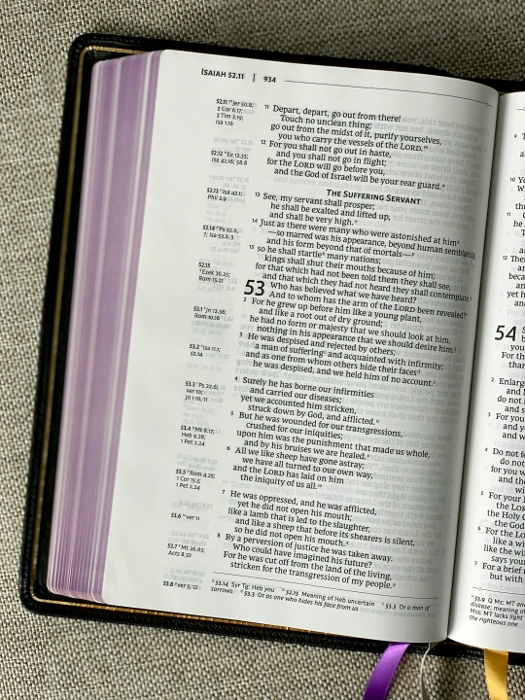Christ, in the book of Micah

In the book of Micah, the portrayal of Christ is prophetic and multifaceted, emphasizing His roles as both a just ruler and a compassionate shepherd. Micah, a minor prophet in the Old Testament, prophesied during the 8th century BCE, a tumultuous period marked by social injustice, corruption, and impending judgment. His messages oscillate between themes of judgment and restoration, with Christ emerging as the ultimate fulfillment of these prophecies.
The Just Ruler and the Birth Prophecy
One of the most significant Messianic prophecies in Micah is found in Micah 5:2. This verse foretells the birthplace of the Messiah: "But you, Bethlehem Ephrathah, though you are small among the clans of Judah, out of you will come for me one who will be ruler over Israel, whose origins are from of old, from ancient times." This prophecy highlights the humble beginnings of Christ, born in the small town of Bethlehem. Despite its insignificance, Bethlehem is chosen as the birthplace of the eternal ruler, signifying God's preference for the humble and the lowly. This ruler, originating "from of old," underscores the divine nature of Christ, linking Him to the eternal purposes of God.
The Shepherd-King
In Micah 5:4, the Messiah is depicted as a shepherd-king: "He will stand and shepherd his flock in the strength of the Lord, in the majesty of the name of the Lord his God. And they will live securely, for then his greatness will reach to the ends of the earth." This imagery blends the roles of a shepherd and a king, reflecting Christ's dual role in providing both leadership and care. As a shepherd, Christ guides, protects, and nurtures His people, ensuring their safety and well-being. As a king, He rules with divine authority and majesty, extending His dominion to the ends of the earth. This portrayal emphasizes Christ's compassionate leadership and His global reign, bringing security and peace to His people.
The Restorer of Justice and Peace
Micah's prophecies also emphasize the Messiah's role in restoring justice and peace. In Micah 4:3, it is written, "He will judge between many peoples and will settle disputes for strong nations far and wide. They will beat their swords into plowshares and their spears into pruning hooks. Nation will not take up sword against nation, nor will they train for war anymore." This vision of the Messiah as a judge and peacemaker reflects Christ's mission to bring justice and reconciliation to a fractured world. His judgment is fair and righteous, leading to the cessation of conflict and the establishment of lasting peace. This transformation of weapons into tools for cultivation symbolizes the end of violence and the beginning of a new era of prosperity and harmony under Christ's reign.
The Suffering Servant and Redeemer
While Micah's portrayal of Christ primarily focuses on His kingship and shepherding, it also alludes to His role as a suffering servant and redeemer. Micah 7:18-19 speaks of God's compassion and forgiveness: "Who is a God like you, who pardons sin and forgives the transgression of the remnant of his inheritance? You do not stay angry forever but delight to show mercy. You will again have compassion on us; you will tread our sins underfoot and hurl all our iniquities into the depths of the sea." This depiction of God's mercy and forgiveness foreshadows the redemptive work of Christ, who through His suffering and sacrifice, provides atonement for the sins of humanity.
In summary, the book of Micah presents a rich and multifaceted portrayal of Christ as a just ruler, compassionate shepherd, restorer of peace, and redeemer. These prophetic insights not only provide hope to Micah's contemporaries but also point forward to the ultimate fulfillment in the life and work of Jesus Christ.